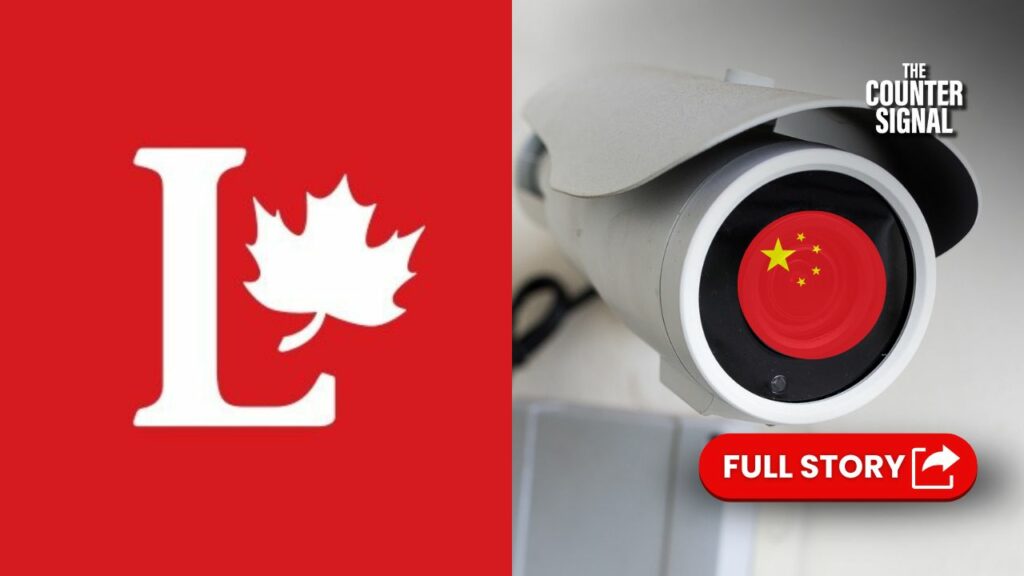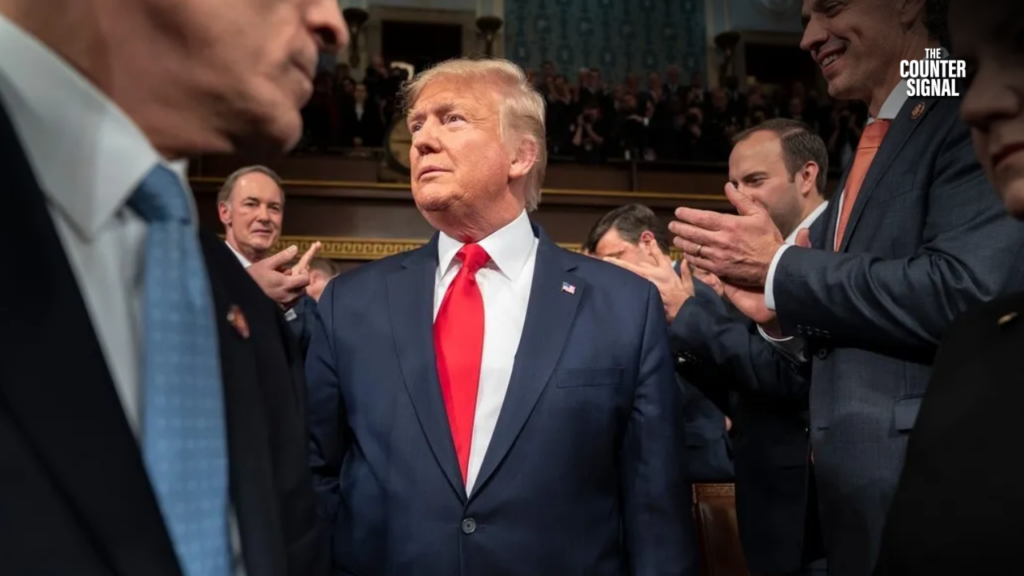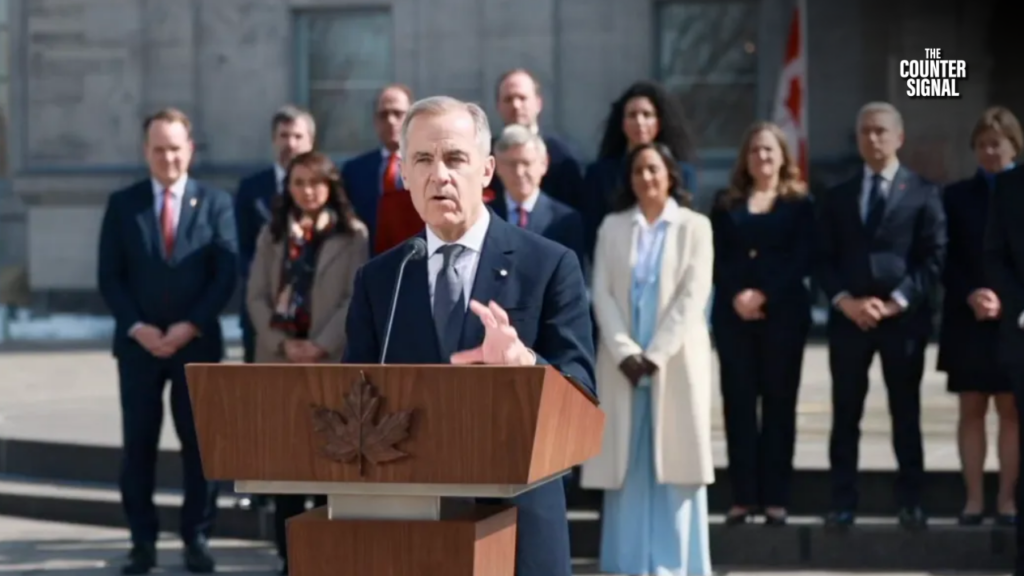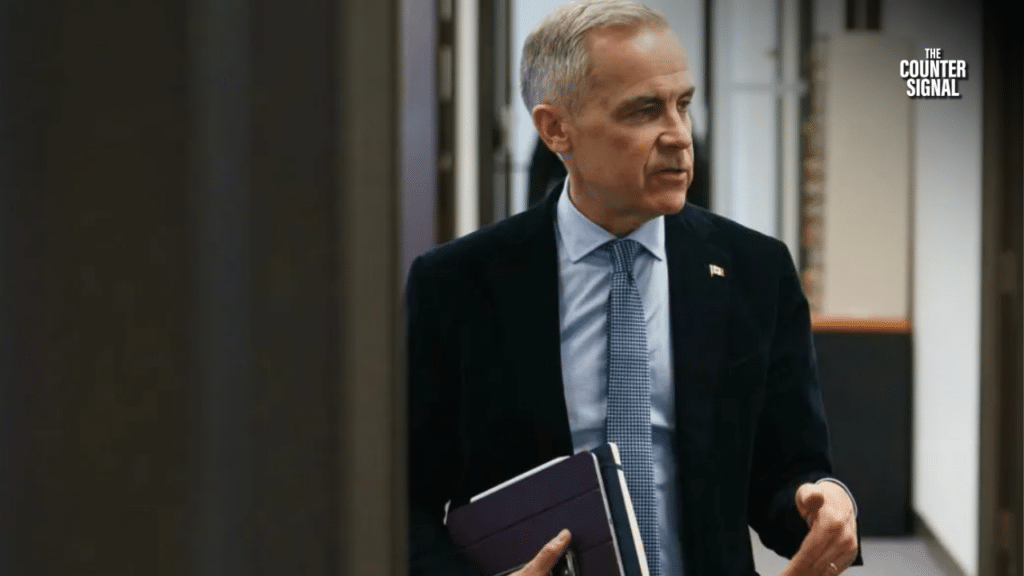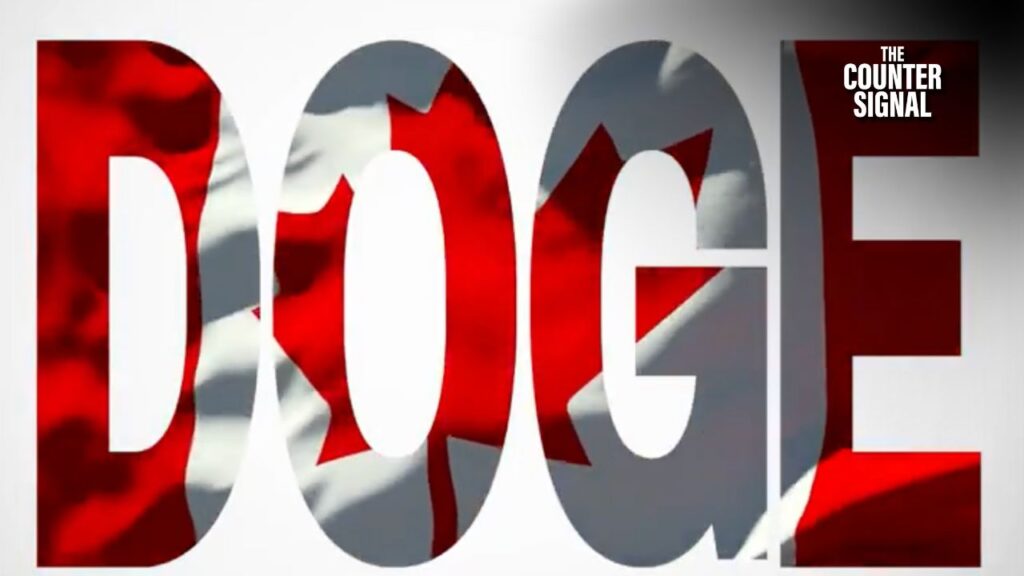Recently released documents have disclosed that several Canadian Liberal government departments continue to employ surveillance cameras from Hangzhou Hikvision Digital Technology Co., Ltd., a Chinese firm banned by the U.S. in 2019 due to national security risks.
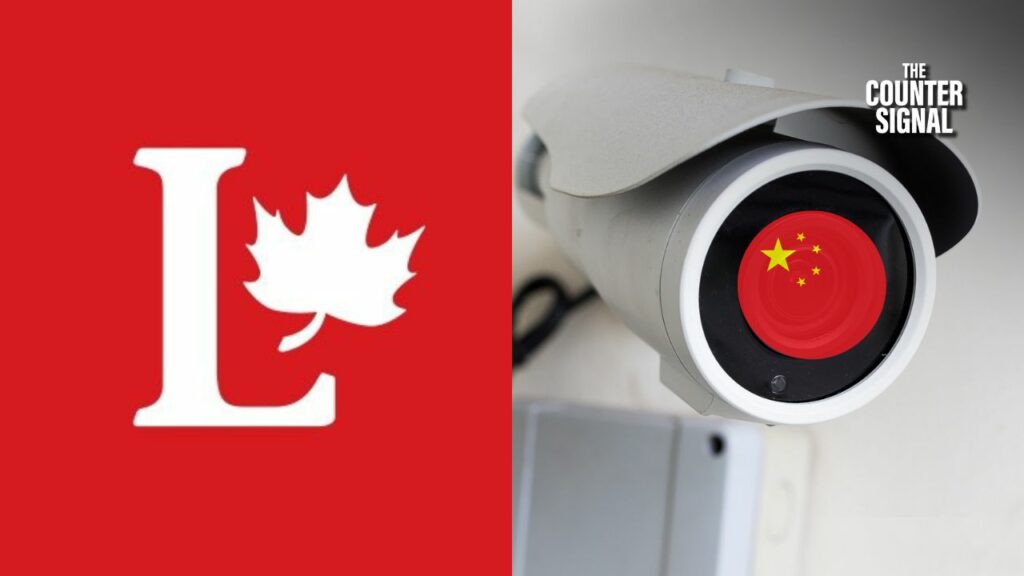
These cameras, known for their facial recognition capabilities, have been flagged globally for potential hacking vulnerabilities and the risk of sending encrypted data back to servers in China.
Additionally, Hikvision cameras are notoriously used in internment camps for China’s persecuted Uyghur population, raising significant human rights concerns.
Despite these alarming issues, the response from various Liberal departments to a parliamentary inquiry reveals a disjointed understanding of the potential dangers.
While some departments state that their Hikvision cameras are offline, hence posing no threat, others, like Parks Canada, acknowledge continued use without having completed any privacy impact assessments and without stating their cameras are offline.
Similarly, the Windsor-Detroit Bridge Authority and other entities admit to using these cameras presumably online, with no privacy assessments conducted.
Some departments acknowledge risk
Contradictions extend further, as some departments admit they’re only in the process of phasing out the controversial cameras because the question was asked on March 14.
The Privy Council Office, for instance, removed their cameras swiftly after the parliamentary query was made.

Infrastructure Canada likewise stated “There is currently a Hikvision camera being used on a closed circuit directly connected to a screen for live feed. During a verification of the security inventory on March 14, 2024, the camera was identified as a Hikvision camera and steps to decommission the camera and replace it with another camera were initiated.”
Notably, the National Defense admitted to lacking any record of privacy impact assessments related to Hikvision cameras and denied having contracts with the Chinese company, deflecting further scrutiny to Public Services and Procurement Canada (PSPC).
But PSPC’s response only complicates the matter, as they indicated that they don’t have centralized record-keeping of camera models, claiming it is impractical to provide detailed responses within the given timeframe.
Moreover, PSPC stated that it has not awarded any contracts to Hikvision directly, stating that purchasing decisions fall under the purview of individual departments.
As for Canada’s top spy agency, CSIS, they remained tight-lipped, citing policies against disclosing details about third-party contractors and expenditures that are not publicly documented.
Chinese-Canadian group says CCP has them under constant surveillance
Last year, a Chinese-Canadian religious group asked the Trudeau Liberals for help, alleging the Chinese Communist Party (CCP) regularly threatens and intimidates them on Canadian soil.
The group said the CCP “knows everything you do in Canada.”
